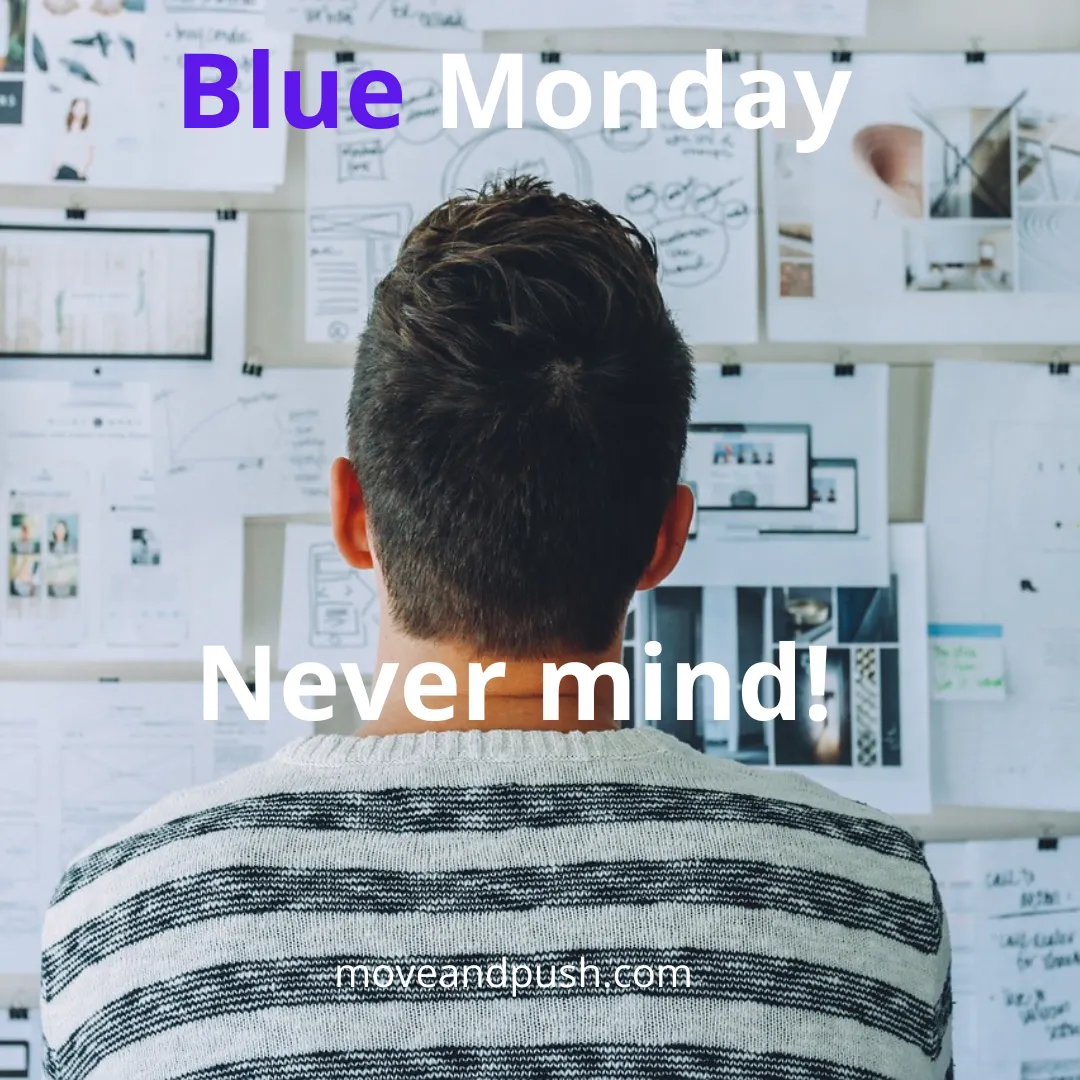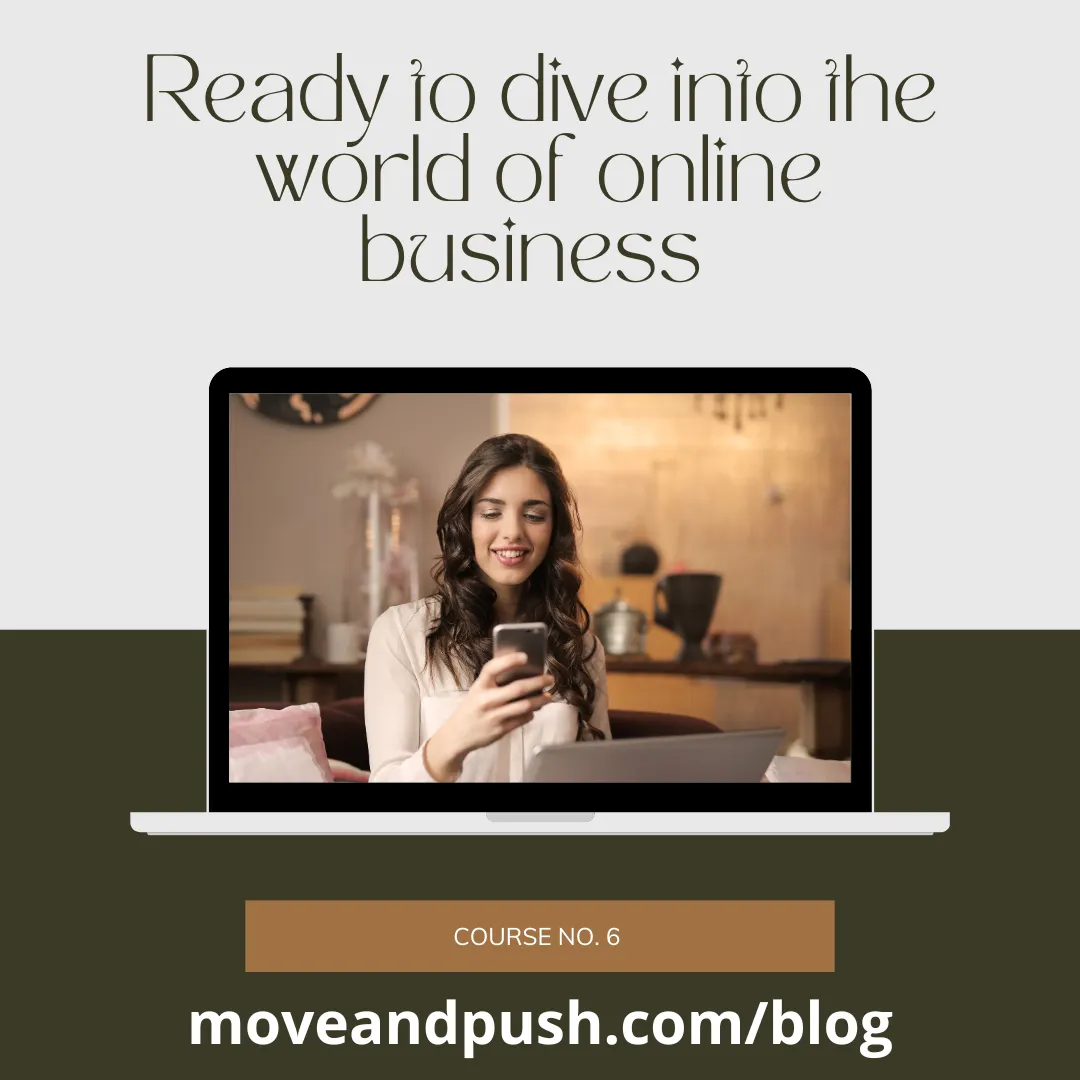The Role of Continuous Learning in Personal and Professional Growth.
How to continuously learn
Continuous learning refers to the ongoing process of acquiring knowledge, skills, and insights throughout one’s life. It transcends formal education and encompasses informal learning experiences, self-directed study, professional development courses, and staying abreast of industry trends.
Actionable Tip: Embrace curiosity and actively seek opportunities to learn and grow, both within and outside your professional domain. Adopt a growth mindset, believing that your abilities can be developed through dedication and effort.
Fueling Personal Growth Through Learning
- Expanding Knowledge Base:
- Continuous learning broadens your horizons and deepens your understanding of diverse subjects, from leadership principles and communication strategies to technological innovations and cultural trends. Each new piece of knowledge enhances your perspective and equips you with valuable insights for navigating life’s complexities.
- Actionable Tip: Set aside dedicated time each week for reading books, articles, or research papers on topics that interest you. Explore podcasts, webinars, and online courses to delve deeper into areas that align with your personal passions and aspirations.
- Fostering Adaptability:
- Learning fosters adaptability by enabling you to embrace change, navigate uncertainties, and pivot in response to evolving circumstances. In a dynamic world where agility is key to success, continuous learners are better equipped to thrive amidst disruption.
- Actionable Tip: Challenge yourself to explore unfamiliar subjects or disciplines outside your comfort zone. Engage in cross-functional projects or collaborative endeavors that require you to apply new skills and perspectives.
- Cultivating Critical Thinking:
- Continuous learning sharpens your critical thinking skills by encouraging you to analyze information, evaluate perspectives, and make informed decisions. It empowers you to discern credible sources, challenge assumptions, and innovate solutions to complex challenges.
- Actionable Tip: Engage in discussions, debates, or workshops that encourage critical inquiry and intellectual discourse. Seek feedback from mentors or peers to gain diverse perspectives and refine your analytical abilities.
Elevating Professional Success Through Learning
- Enhancing Job Performance:
- Continuous learning enhances your job performance by equipping you with up-to-date knowledge and cutting-edge skills relevant to your profession. It positions you as a proactive contributor capable of driving innovation and delivering high-quality results.
- Actionable Tip: Participate in industry conferences, seminars, or workshops to stay informed about emerging trends, best practices, and technological advancements. Leverage online platforms and professional networks to access industry-specific resources and expert insights.
- Accelerating Career Advancement:
- Learning accelerates career advancement by distinguishing you as a knowledgeable and adaptable professional capable of assuming leadership roles and tackling complex challenges. Employers value continuous learners who demonstrate a commitment to growth and excellence.
- Actionable Tip: Pursue certifications, advanced training programs, or specialized courses that align with your career goals and aspirations. Seek mentorship from seasoned professionals who can provide guidance and support in navigating your career path.
- Building Professional Networks:
- Continuous learning facilitates networking opportunities with like-minded individuals, industry experts, and thought leaders. Engaging in collaborative learning environments fosters meaningful connections, expands your professional network, and opens doors to new career opportunities.
- Actionable Tip: Join professional associations, online forums, or networking groups related to your field of interest. Actively participate in discussions, share insights, and contribute to community initiatives to establish your presence and build relationships.
Integrating Continuous Learning Into Your Life
- Create a Learning Plan:
- Develop a personalized learning plan outlining your objectives, interests, and desired skills. Set specific goals, establish milestones, and allocate dedicated time for learning activities to ensure consistent progress.
- Embrace Technology:
- Leverage digital resources, e-learning platforms, and educational apps to access a wealth of learning materials anytime, anywhere. Explore interactive courses, virtual workshops, and multimedia content tailored to your learning preferences.
- Seek Feedback and Reflection:
- Solicit feedback from mentors, peers, or instructors to gauge your progress and identify areas for improvement. Reflect on your learning experiences, celebrate achievements, and adapt your approach based on lessons learned.
- Develop a Community of Learners:
- Surround yourself with individuals who share your passion for learning and personal growth. Engage in collaborative projects, peer-to-peer mentoring, or study groups to exchange ideas, support each other’s development, and foster a culture of continuous improvement.
The Transformative Power of Continuous Learning
Continuous learning is not merely a means to acquire knowledge—it’s a catalyst for personal transformation and professional success. By embracing a commitment to lifelong learning, you empower yourself to adapt to change, expand your capabilities, and achieve your full potential. Whether you’re pursuing new skills, advancing your career, or exploring personal interests, the journey of continuous learning opens doors to endless possibilities and enriching experiences.
How I do it
The best way to learn something is to teach!?
How does this work, really?
I must have some knowledge first to then teach what I know, right?
I see it this way and this is my way of not only studying a subject but also discussing it (Teach) to others, who want to listen.
In this way, I immerse myself in the subject and also get other people's opinions, which in turn gives me additional knowledge, which I might not have thought of myself, thus proving the thesis that "the best way to learn is to teach"
Does it sound okay to reason this way, or do you have a different opinion on this.
















